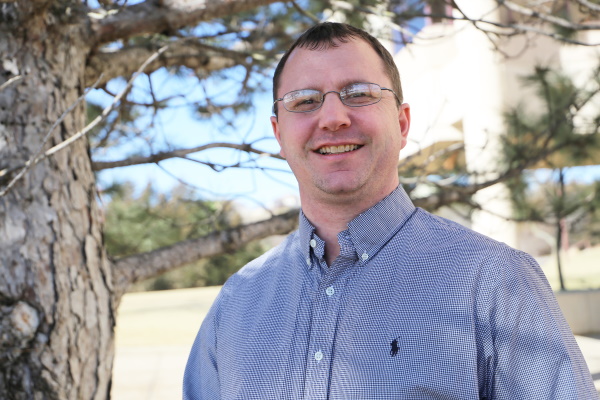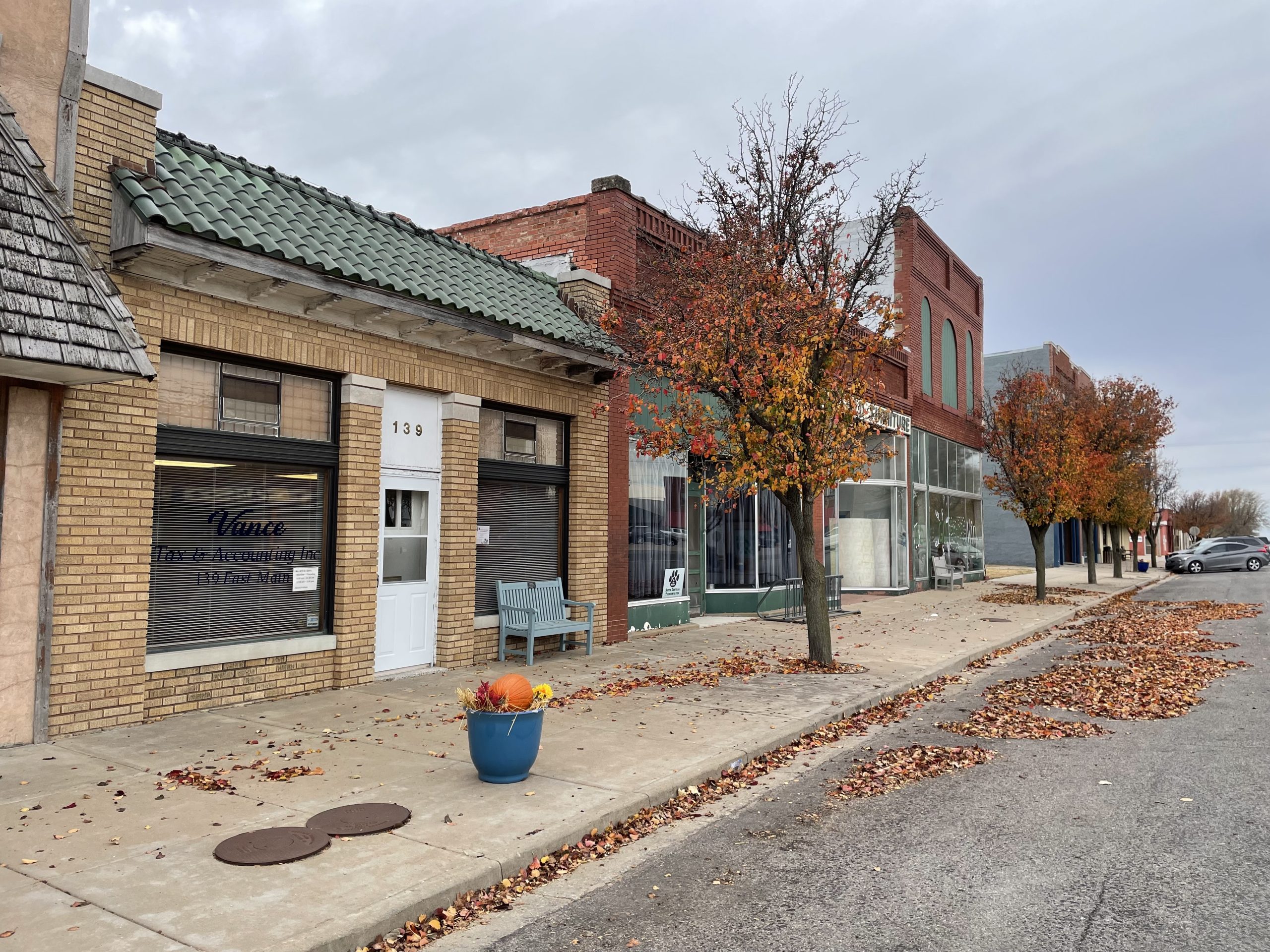Rural America has always been inhabited by optimists. People who accepted living in remote corners of the country came with challenges and even a little loneliness. Maybe they didn’t have any better options, like the homesteaders who populated Kansas. Or maybe they understood they were trading one set of challenges for another and, like a weed, loneliness can take root about anywhere.
My recent travels have made it clear that nothing has really changed, at least in rural Kansas. The optimists are still there. So are the challenges, but the biggest problem is the same as it’s always been. There’s simply not enough people to fulfill all of the opportunities available in the small cities, unincorporated towns and farms that dot the landscape across the countryside.
Time after time, it’s the same story. Jobs are plentiful, but the bodies to fill them aren’t there. The jobs not being done are across all sectors and all pay scales, from professionals like doctors, lawyers and veterinarians to blue collar workers like truck drivers, plumbers and welders.
The journey to these shortages has been slow. As difficult as it is to attract someone new to a small town, it can often be harder to retain someone who already lives there. I’m a perfect example. It was always explicit I’d leave my small town to attend college. That was the message I heard from the time I started kindergarten until I graduated high school.
I assumed leaving was a one-way ticket because the chorus was leave and get an education. There was no verse encouraging me to return, and I’ve met plenty of colleagues with similar backgrounds who heard the same song.

So, most of us left, got our degrees and went searching for opportunities elsewhere. We got married, had kids and settled into comfortable lives elsewhere.
I suspect this is partly because more populous places seemed more prosperous to those of us in our youth. Life was a lot less convenient as a teenager when the nearest movie theatre was 30 miles away and your favorite restaurant was a similar distance in the other direction.
We were searching for amenities our towns didn’t offer. No one considered why they weren’t available or what message was received by our wanting.
Maybe because I’m now older, I look at things differently. In my recent travels it’s evident people are noticing the little things and working to find solutions. There are efforts to keep schools open, secure the local grocery store or help an entrepreneur get established on Main Street.
The negatives of rural life are now treated as temporary obstacles that can be overcome. This includes recasting nothing as one of the key amenities of living in a small town, like no traffic, no waiting and no commute.
Reversing a generation or two of pessimism will take time, but I’m optimistic it’s possible. Maybe rural Kansas creates optimists rather than attracts them. Afterall, it’s tough to not be filled with hope after seeing all the opportunities available. Now we just need others to notice.
—Greg Doering is a writer and photographer for Kansas Farm Bureau.


